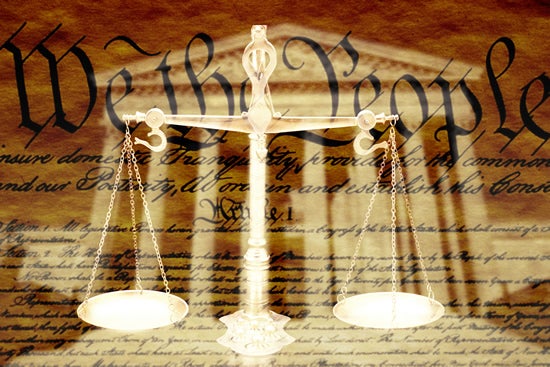People are obsessed with equality (or the lack thereof) these days. Outraged about inequality of income, the self-described 99 percent took to urban camping to berate the top 1 percent of income earners. In his State of the Union Address, President Obama trotted out Warren Buffett’s secretary to underscore the injustice that the rich and poor do not have an equal tax burden—supposedly, the rich have too much and pay too little.
On one level, a certain concern with inequality is understandable in a nation such as ours, founded on the self-evident truth of equality. The Declaration of Independence proclaims “that all men are created equal; that they are endowed by their Creator with certain unalienable rights.”
When the Declaration of Independence proclaims all men to be created equal, it means that all human beings, regardless of religion, sex, or skin color, possess the same natural rights. The Founders were well aware that different people are unequal in physical and mental capacities. But however noticeable the differences between people may be, they are never so great as to deprive them of their rights. No one, no matter how intelligent or capable he or she may be, can claim the right to rule others. Since all men and women share a common human nature, they are all therefore equally entitled to the same natural rights (such as life, liberty, and the pursuit of happiness).
Today, many people think that equal rights are not enough and demand equality of results. They view any inequalities, whether in income or educational attainment, as a sign of injustice. Such claims are misguided. Because we are all different, inequalities are the natural result of living in a free society. Whether through luck, skill, or determination, some people will always succeed more than others. And others will fail. As long as no one’s rights are being denied, inequalities are perfectly normal and desirable expressions of natural diversity.
This question was reprinted from the new First Principles page at Heritage.org. For more answers to frequently asked questions, visit the Q&A.































